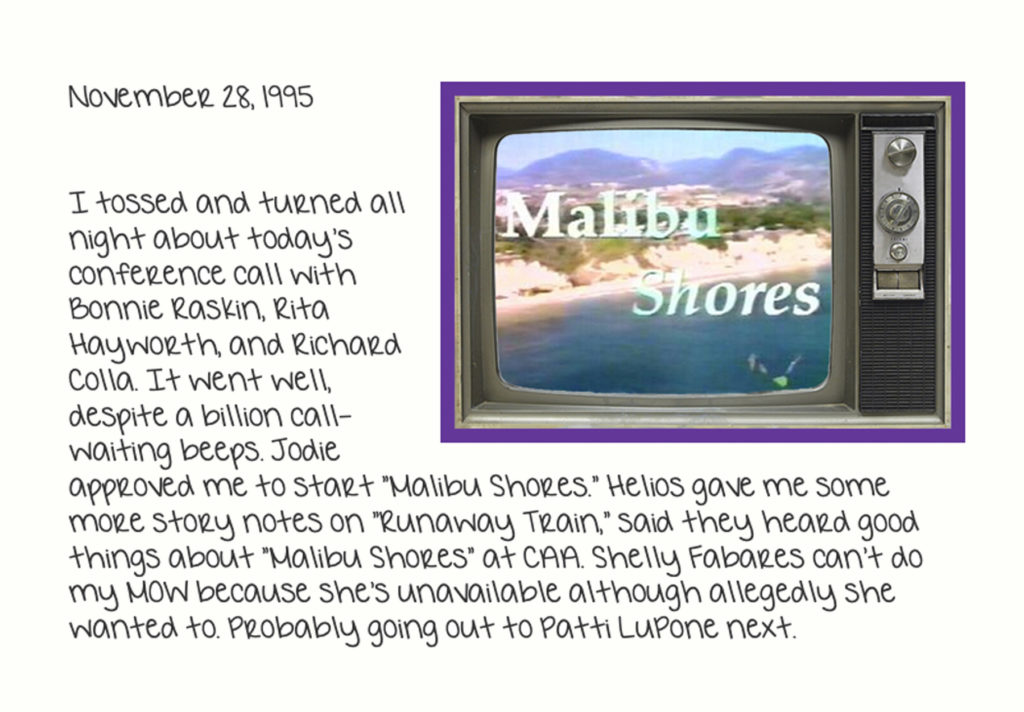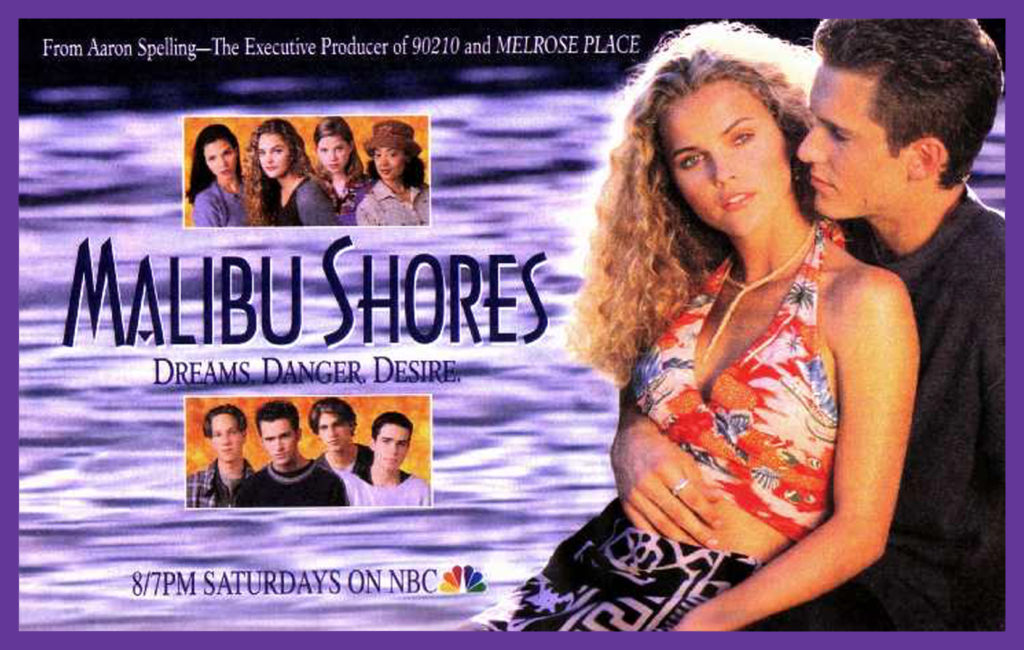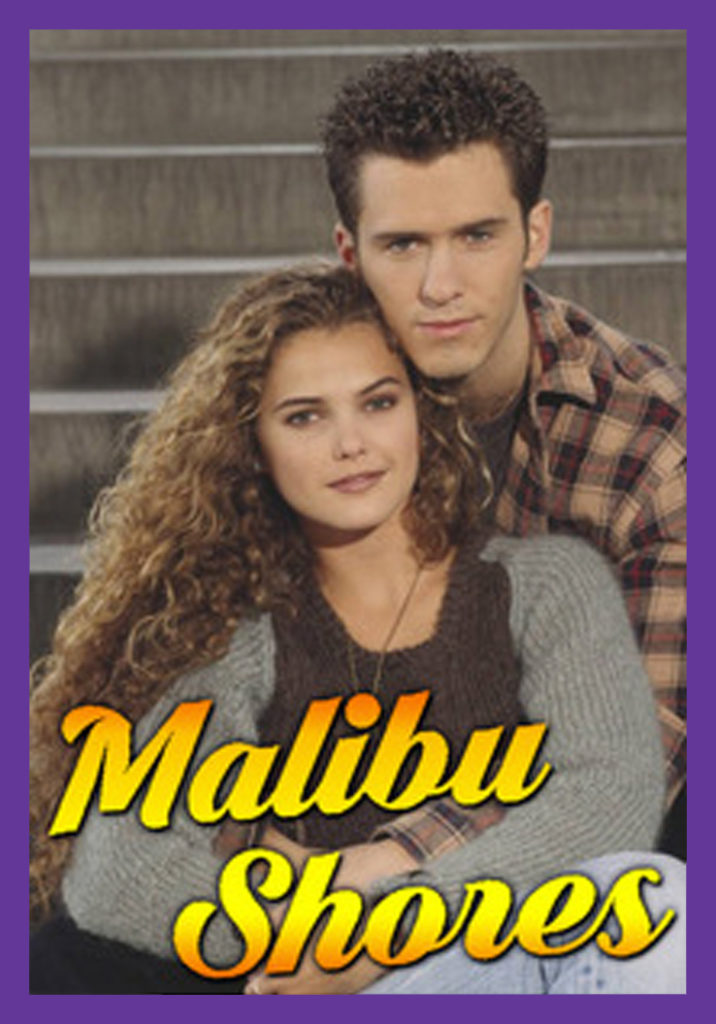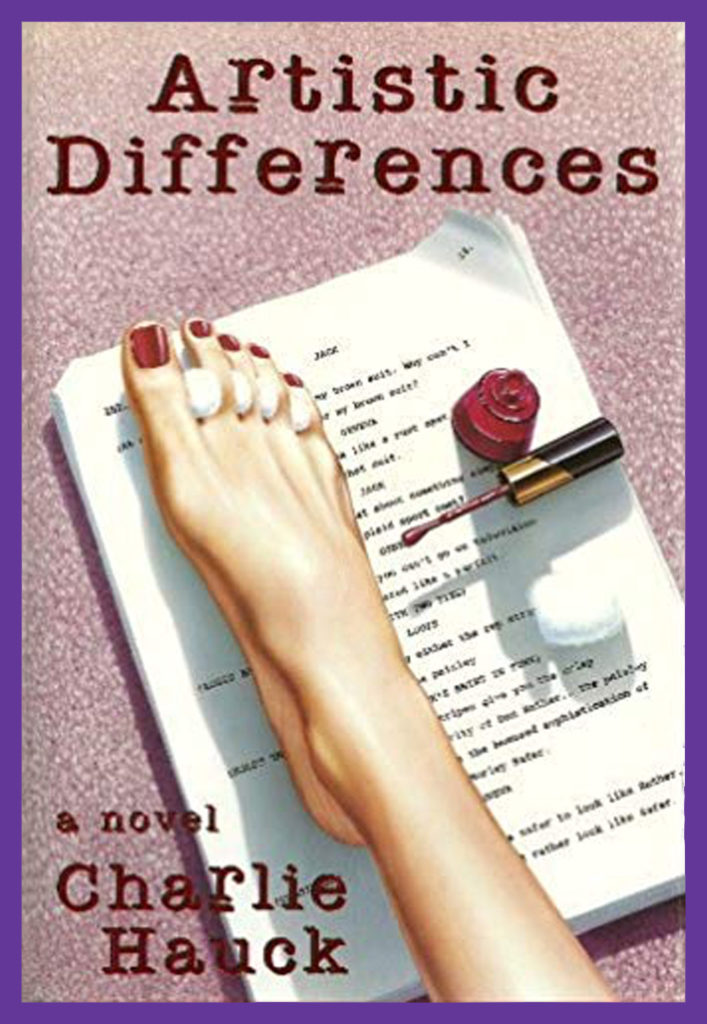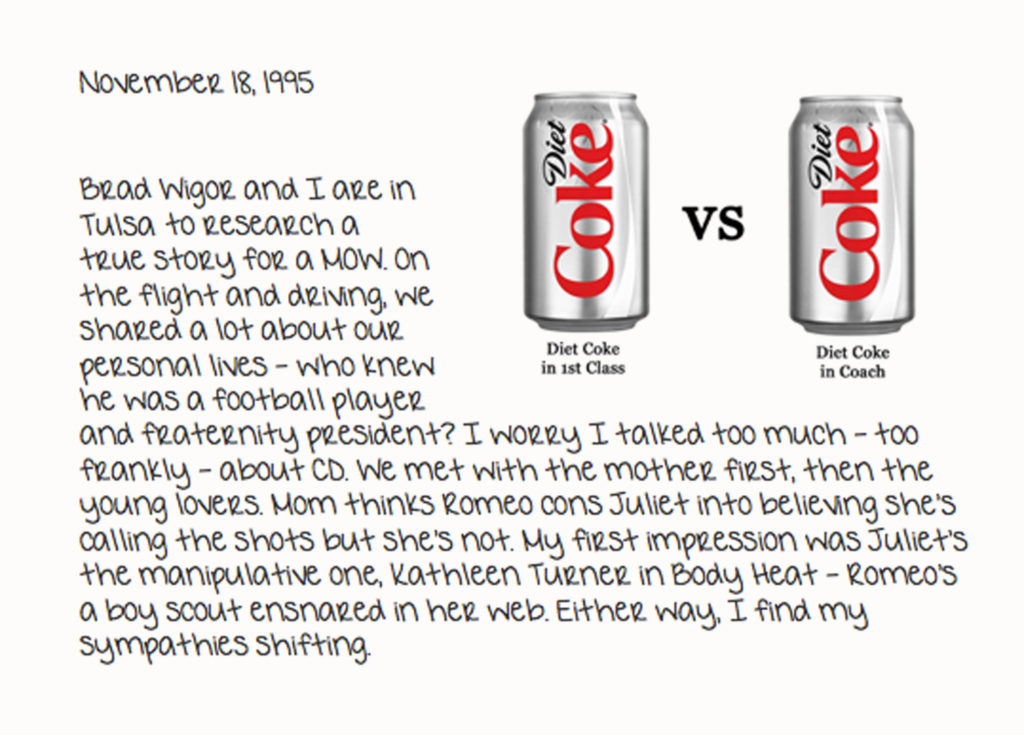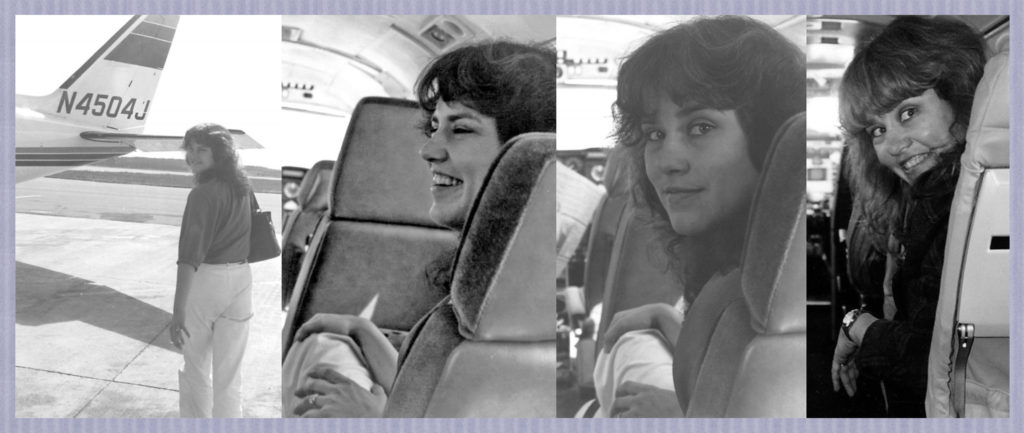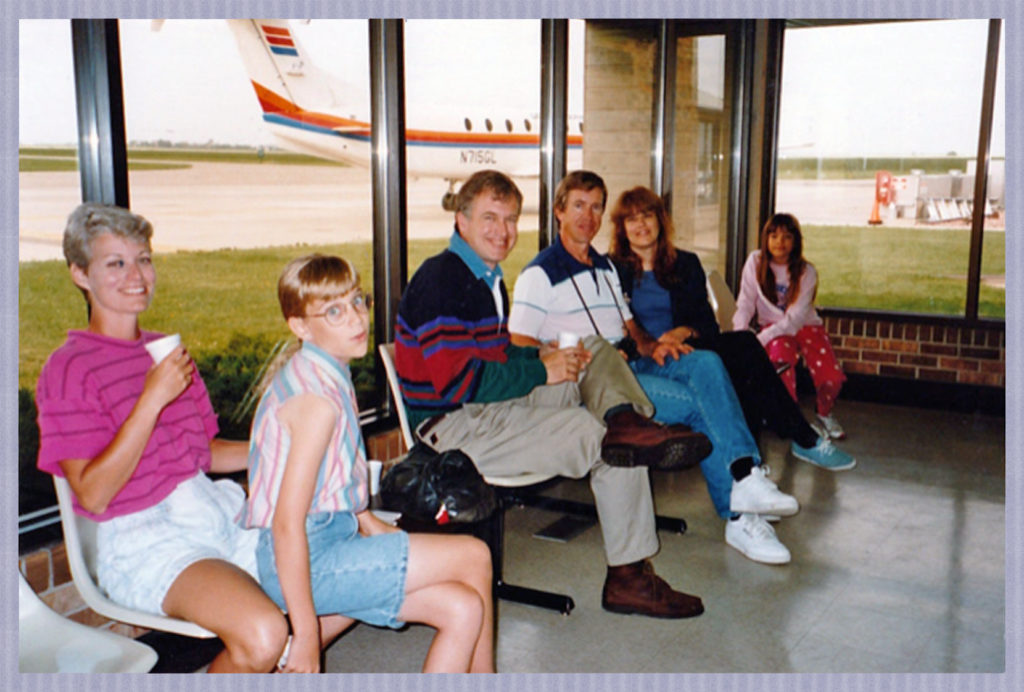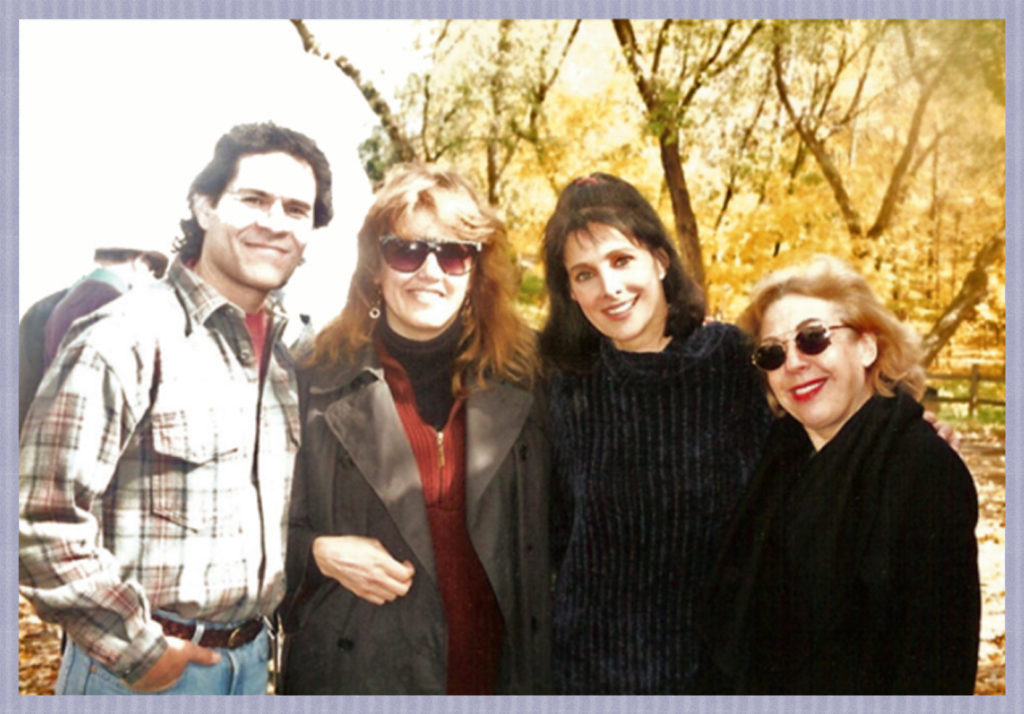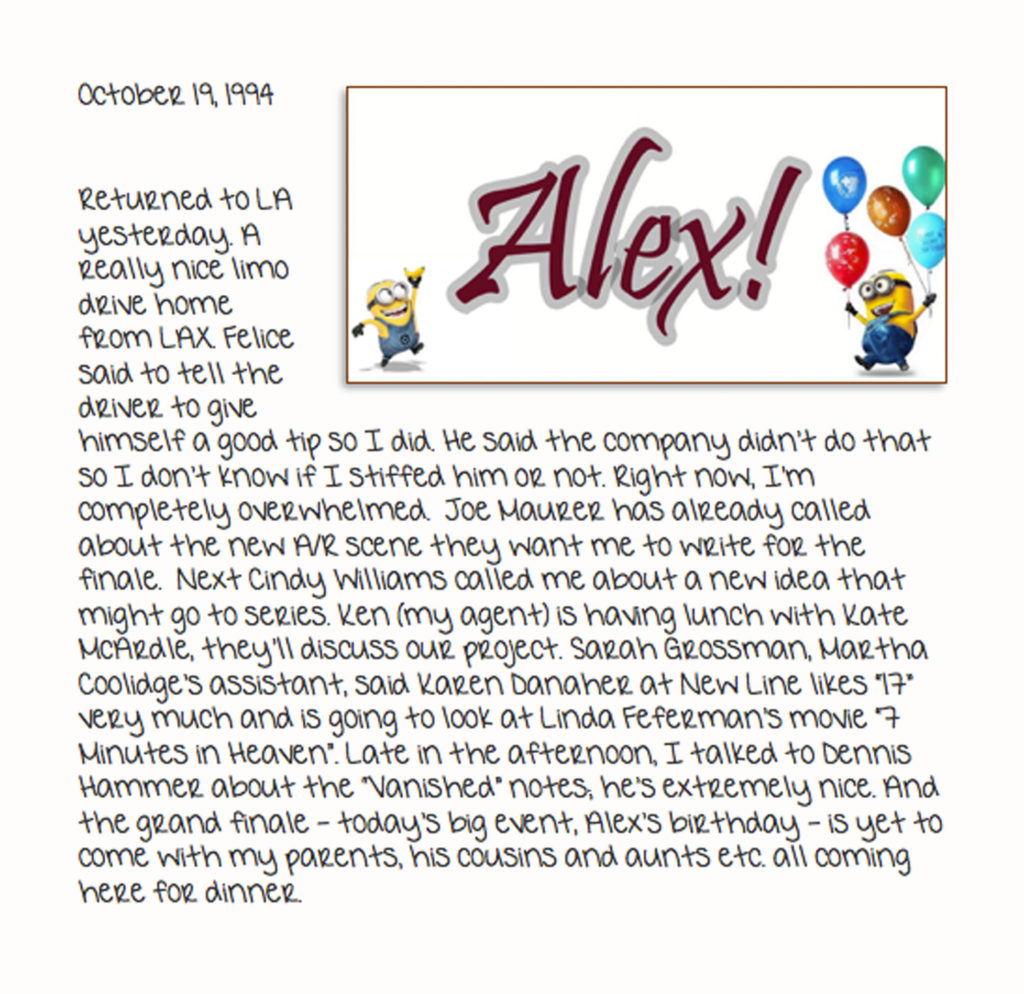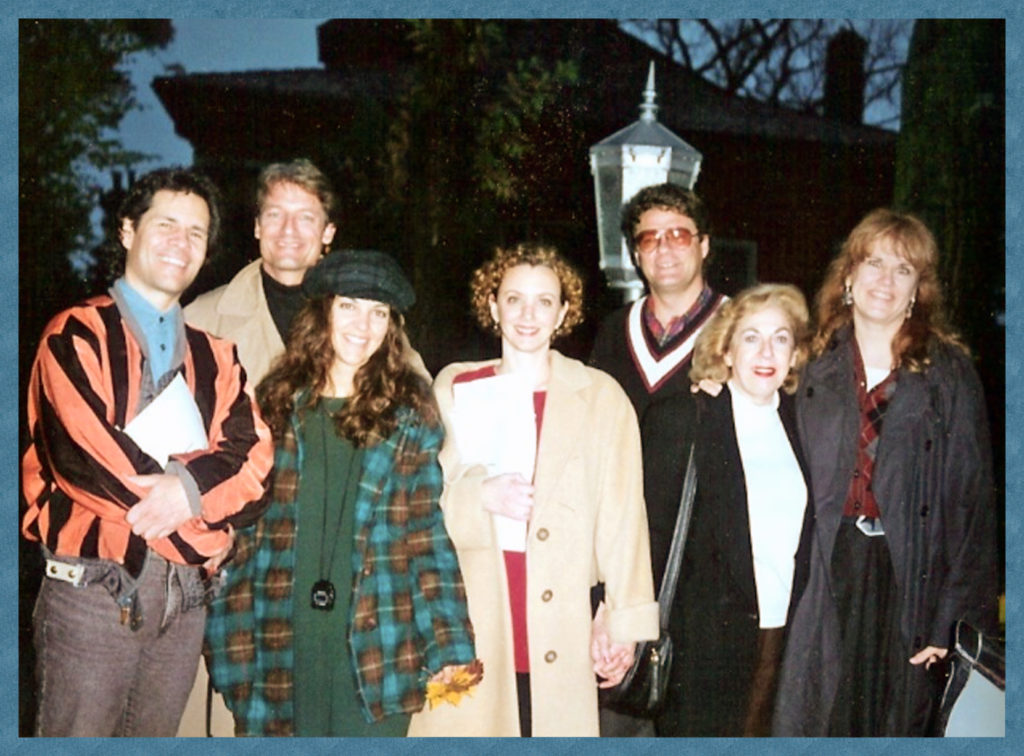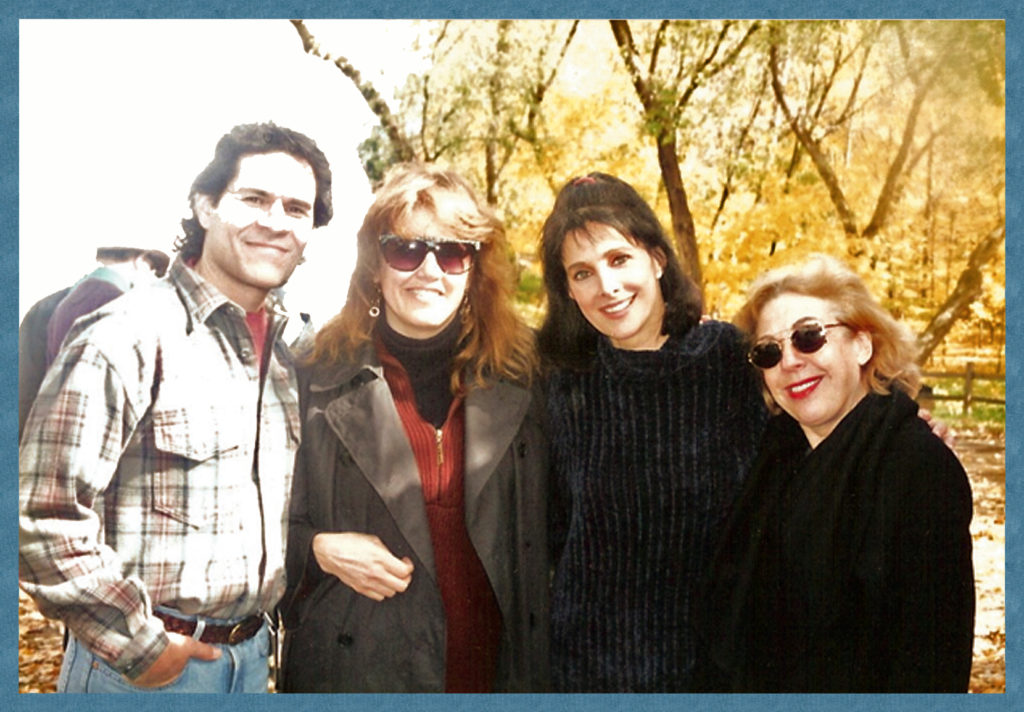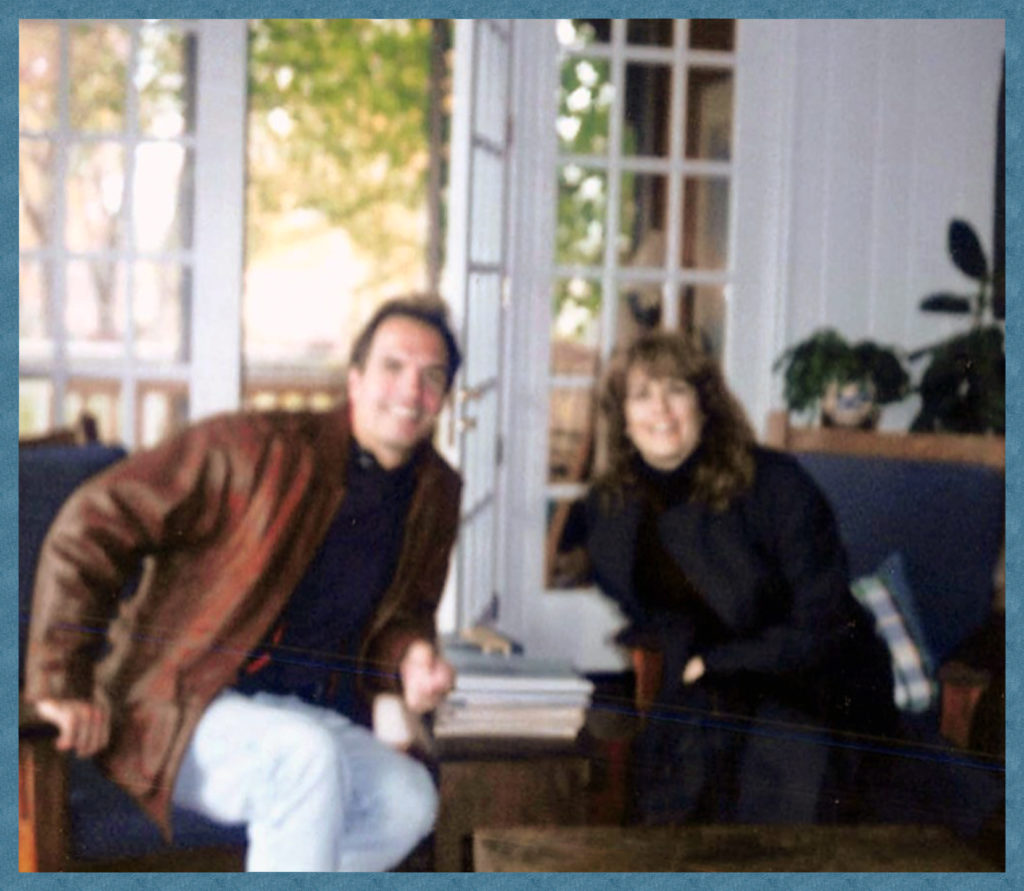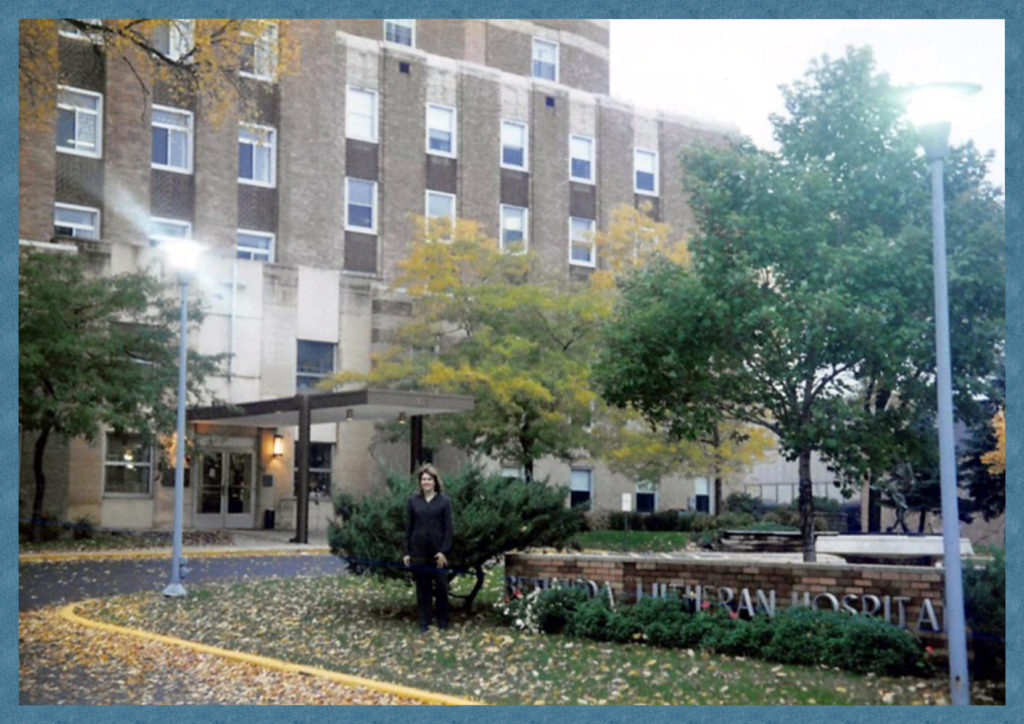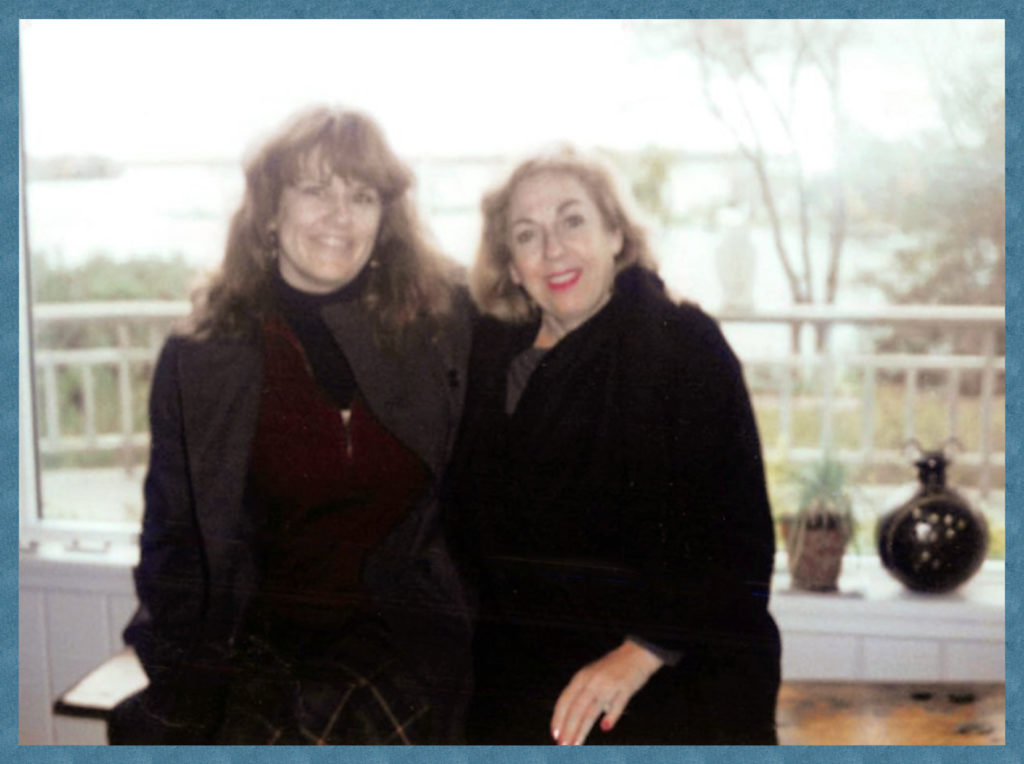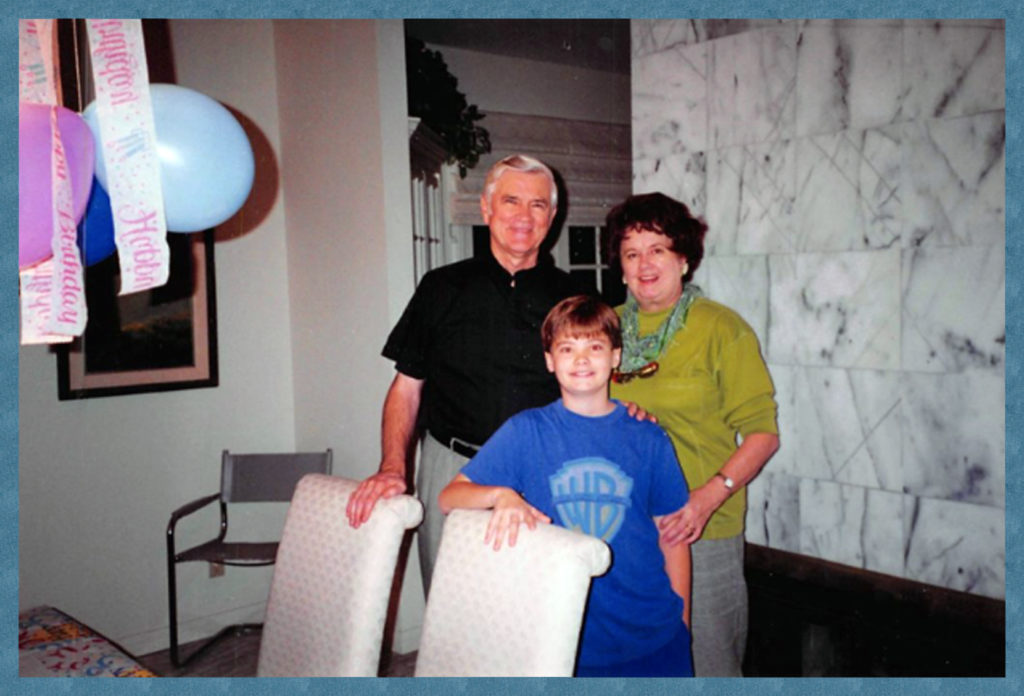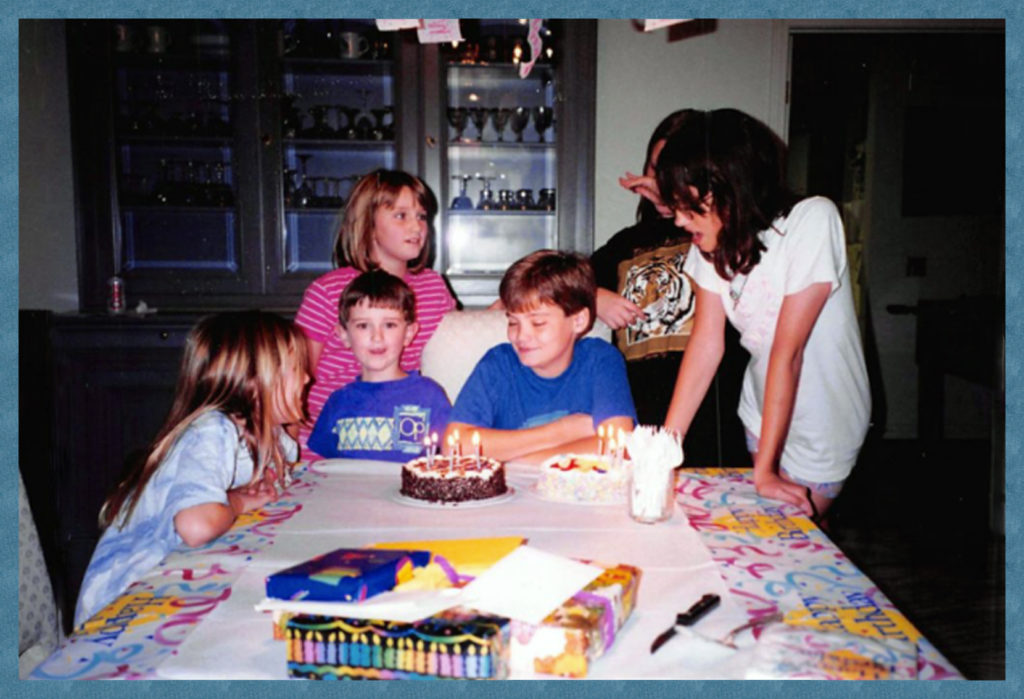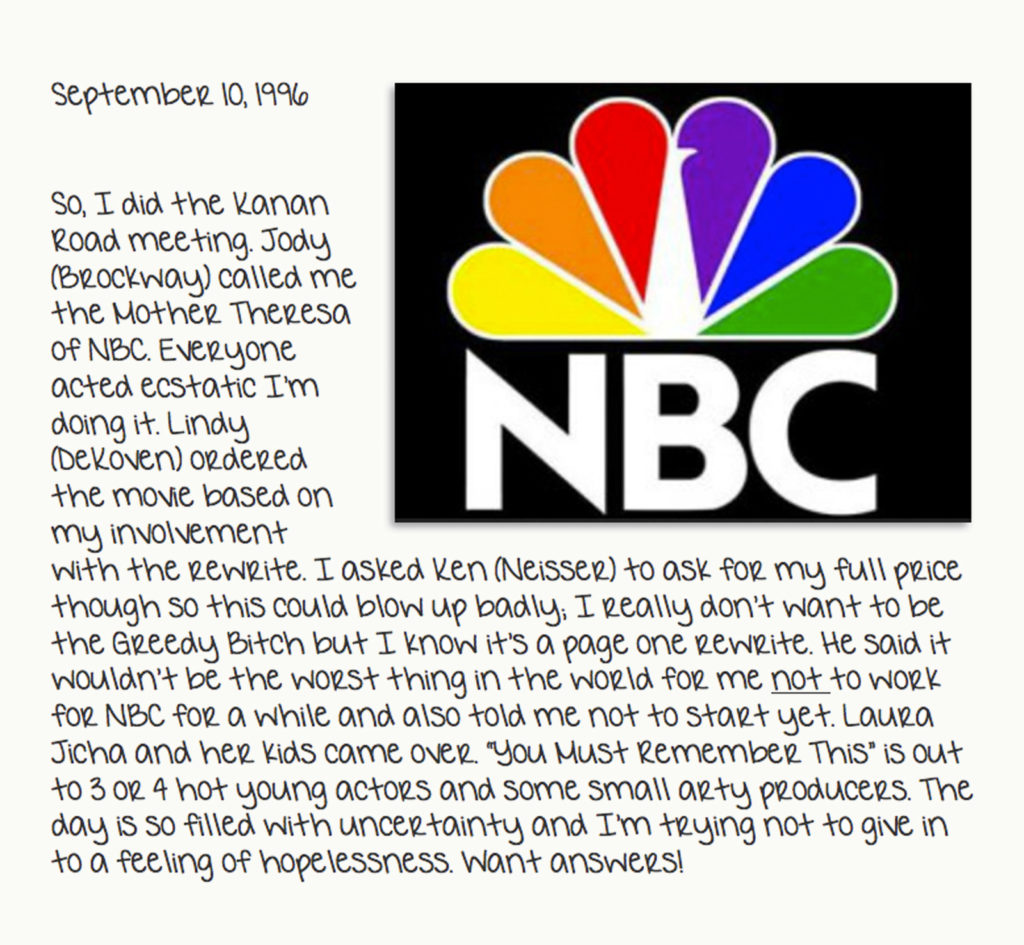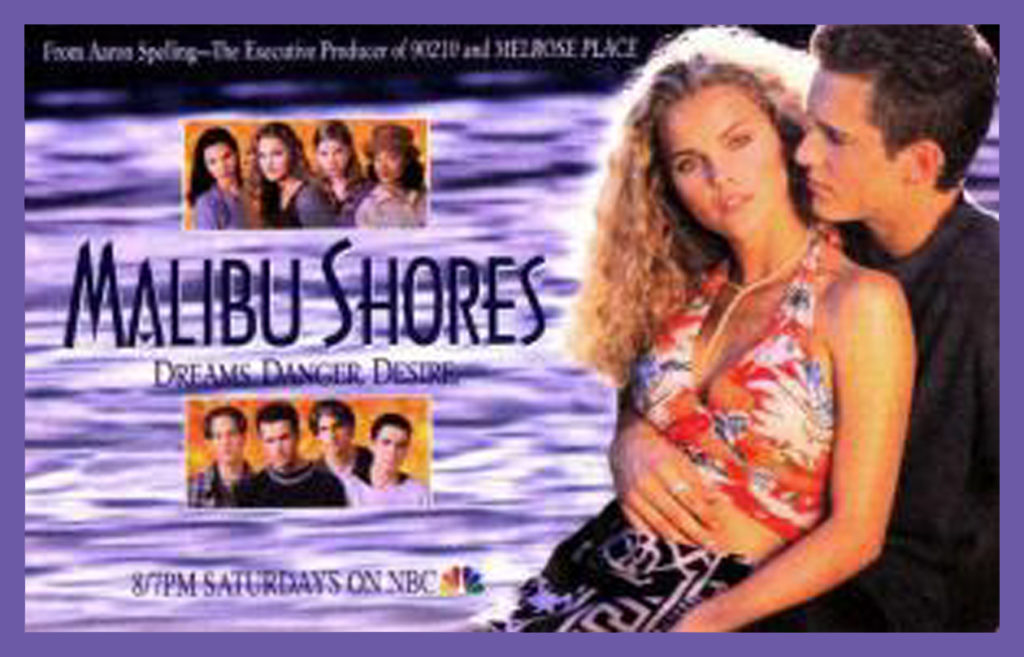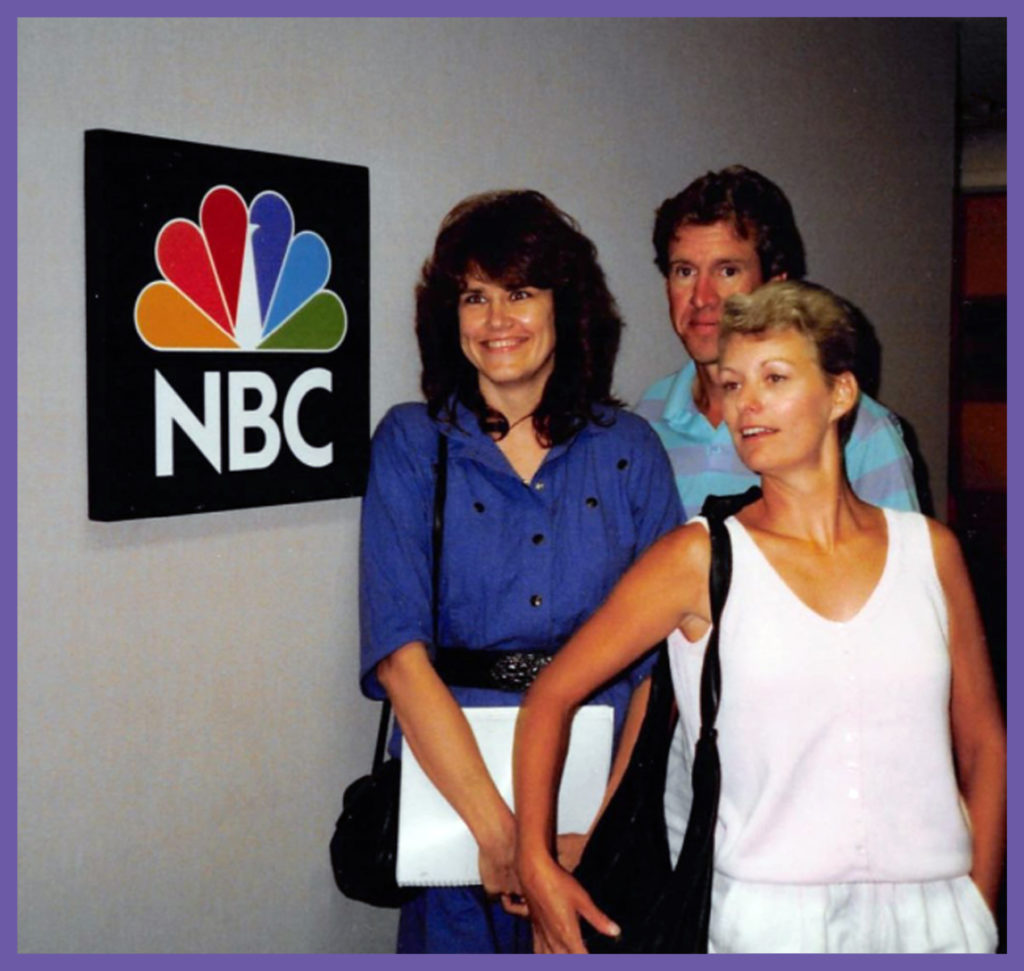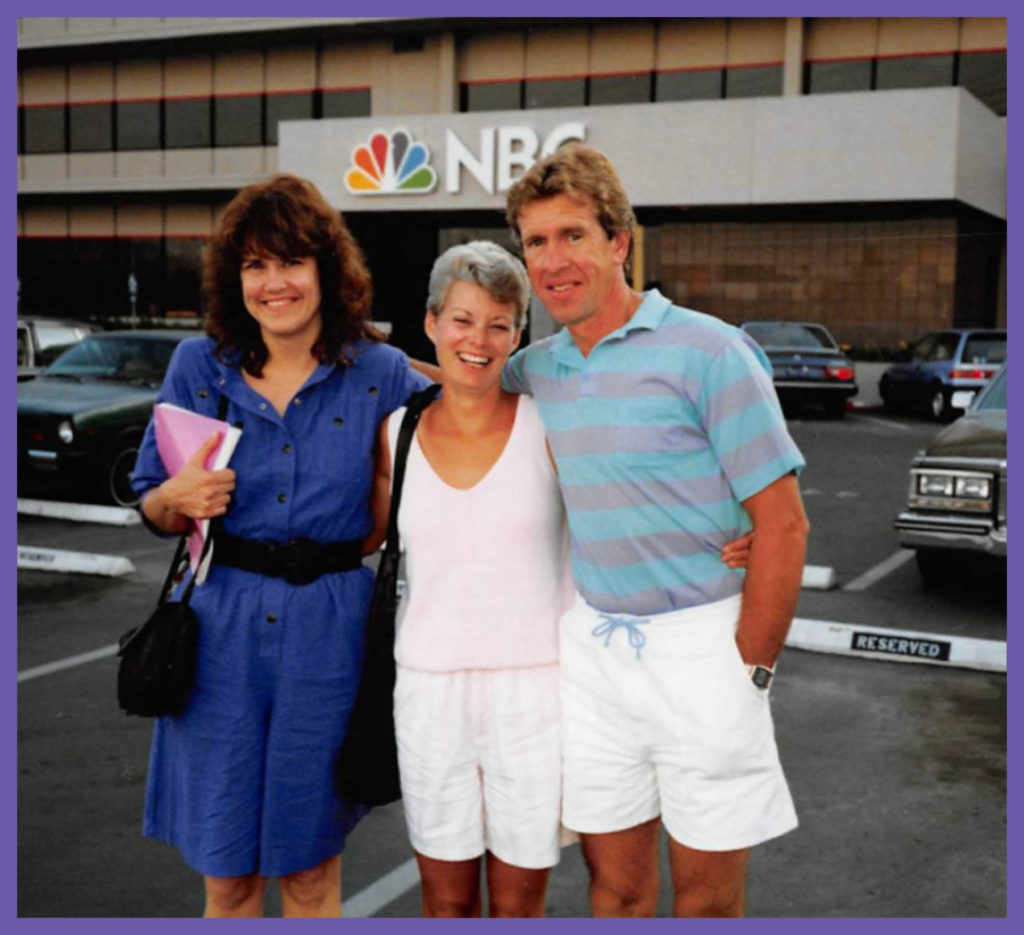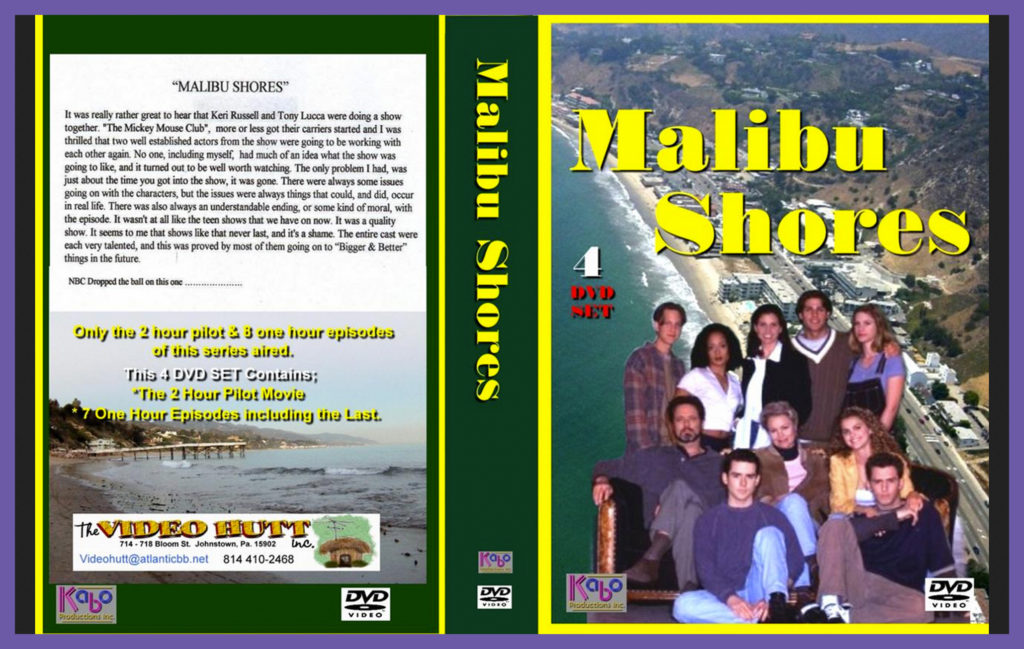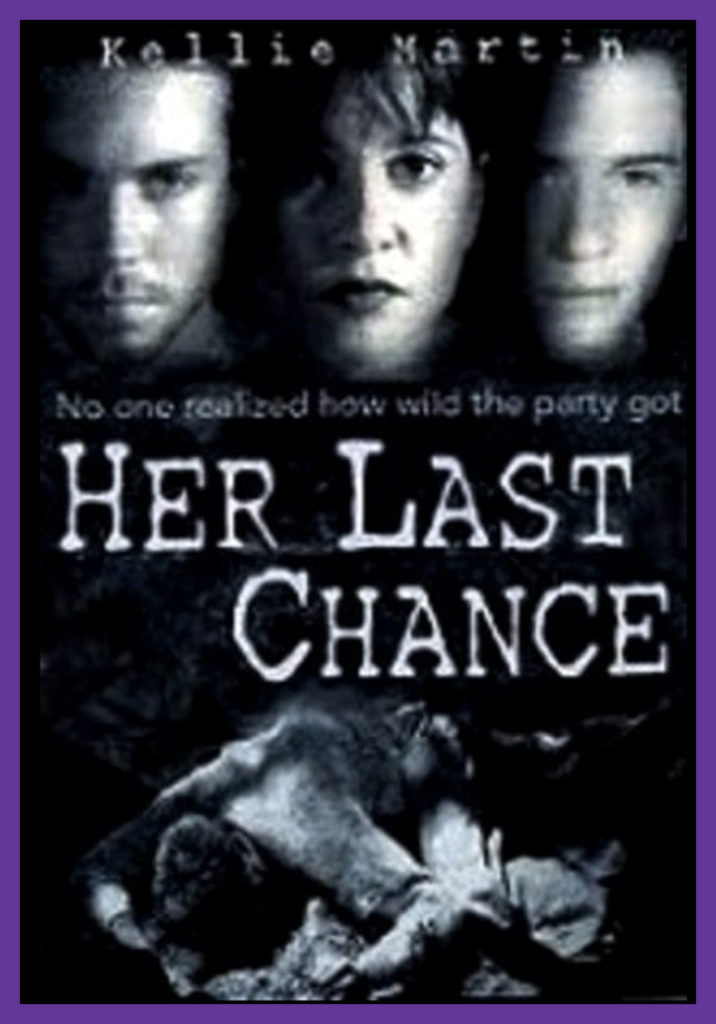
This was an exciting time. I loved the fast and furious pace of television versus the plodding development process in features. Most of my television credits are stand-alone MOWs (Movie of the Week), a 90s network staple. TV movies unfolded in seven acts, to accommodate six commercials. Ideally, all six act breaks were cliff-hangers, to ensure viewers didn’t channel hop when the ads started.
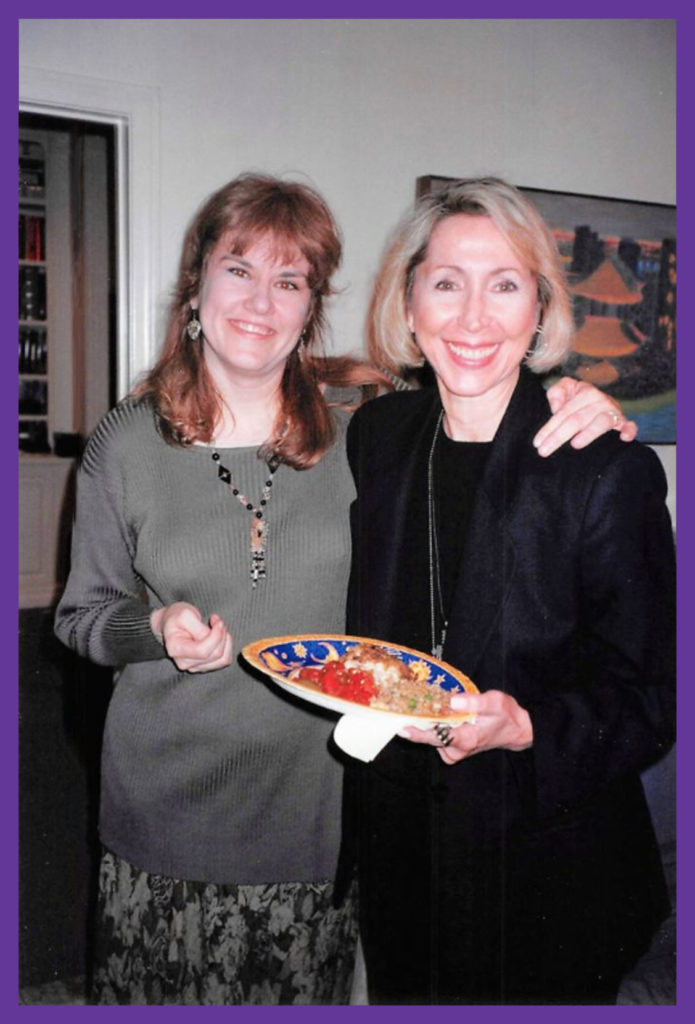
“Malibu Shores” was my only series experience. As co-producer, I worked long office hours with producers John Eisendrath and Joel Feigenbaum. After decades of writing at home on my own timetable, this was a shock to my system.
As staff writer-producers, we wielded more power than the directors we hired on a per-episode basis and the actors consulted us when they wanted to change a line. John and Joel insisted I veto the first request, to experience the thrill of saying “no” to a script change. That said, we could not say no to Aaron Spelling, broadcast Standards and Practices or the NBC executive in charge of the show.
In his novel Artistic Differences, Charlie Hauck compared producing a television series to chapter 37 of Moby Dick. I quote him below, slightly abridged. I highly recommend his book to anyone interested in staff writing.
“It’s exactly like chapter 37 of Moby Dick. Captain Ahab finally spots Moby Dick. He has a shot at him. And he gets a boat down in the water, a skiff or whatever. And he’s got these Asian guys rowing the boat. They’re not his regular guys – these are some kind of hotshot whaling experts. Anyhow, all these guys are rowing the boat. They really know what they’re doing…they’re Joe Whaler. And Ahab is standing in the back with this harpoon that he’s been sharpening for three years. And Moby Dick is flopping around, like, two hundred yards away. And all of a sudden, these sharks surround the skiff. They’re everywhere. And the sharks start taking bites out of the paddles of the oars. And the paddles are getting smaller and smaller, and it’s getting harder for the guys in the boat to row, and the whale’s not going to stay there forever, right?
But the thing is, the sharks don’t want the oars. They want the whale, just like Ahab and the Asian guys. But the sharks, who want the whale as much as anybody else, they’re the ones who make getting the whale impossible. You see?
And here’s the analogy. The whale is the television show. The hit series. Like, if it goes into syndication, everybody connected with it makes fifty million dollars. And the people in the boat, they’re the writers and producers. They’re the ones trying to get the whale, who know how to do it. And the sharks, the guys biting the oars, they’re the network guys, and the production company executives and the agents and everybody else who, when they don’t know how to get to the whale, decide, somewhere back in the swamp ova of the human brain, well, Jesus, I should do something, why don’t I try to sink the boat? And that’s exactly what it’s like trying to produce a television show.”
